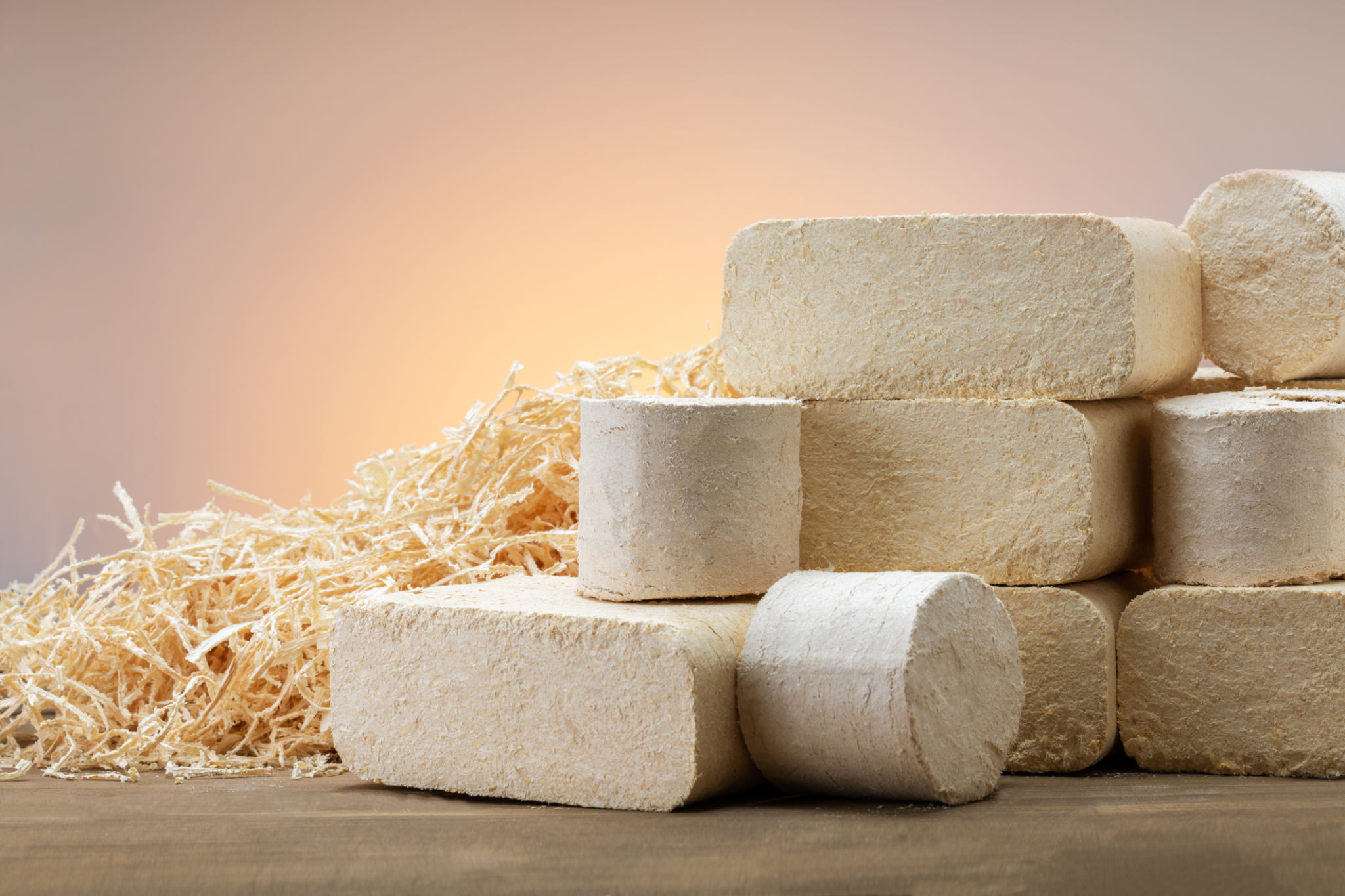The Ultimate Guide to Using Wood Briquettes for Efficient Home Heating
What Are Wood Briquettes?
Wood briquettes are a type of biofuel made from compacted sawdust, wood chips, or other organic materials. They are a popular alternative to traditional firewood due to their efficiency, ease of use, and sustainability. Unlike firewood, which often needs to be seasoned and split, wood briquettes come ready to use. They burn cleaner and produce less ash, making them an excellent choice for environmentally conscious consumers.

Benefits of Using Wood Briquettes
There are several advantages to using wood briquettes for home heating. Firstly, they have a high energy density, meaning they burn hotter and longer than traditional firewood. This can lead to more efficient heating and reduced fuel consumption. Additionally, wood briquettes are made from recycled materials, which helps reduce waste and promote sustainability.
Another benefit is their consistency in size and shape, ensuring a uniform burn rate. This makes it easier to control the temperature and maintain a steady heat output in your home. Furthermore, the low moisture content of wood briquettes results in less smoke and fewer emissions, contributing to a cleaner environment.
Choosing the Right Wood Briquettes
When selecting wood briquettes, it's important to consider their composition and quality. Look for briquettes made from pure wood with minimal additives. Some products may contain binders or fillers that can affect performance. Check the moisture content as well; ideally, it should be below 10% for optimal burning efficiency.

You should also consider the size and shape of the briquettes. Some are designed for specific types of stoves or fireplaces, so ensure compatibility with your heating appliance. Choosing the right briquettes can significantly impact their effectiveness and your overall heating experience.
How to Use Wood Briquettes
Using wood briquettes is straightforward. Start by preparing your stove or fireplace as you would for any other fuel type. Arrange the briquettes in a crisscross pattern to allow for proper airflow. It's essential to have good ventilation to ensure efficient combustion.
- Place a few briquettes in the stove or fireplace.
- Use a firelighter or kindling to ignite them.
- Gradually add more briquettes as needed to maintain the desired temperature.
Monitor the heat output and adjust the airflow through the stove's vents to control the burn rate. With practice, you'll learn how many briquettes are needed to achieve the perfect level of warmth for your home.
Cost-Effectiveness of Wood Briquettes
Wood briquettes can offer significant cost savings compared to other heating fuels. Although the initial price may seem higher than firewood, their efficiency means you use less fuel over time. This translates to lower heating bills and reduced environmental impact.

In addition, many suppliers offer discounts for bulk purchases, further reducing costs. With their long shelf life and ease of storage, wood briquettes are an economical choice for homeowners looking to optimize their heating expenses.
Storage and Handling Tips
Proper storage of wood briquettes is crucial to maintaining their quality. Keep them in a dry place, away from moisture, to prevent degradation. Store them off the ground on pallets or shelves to protect them from dampness.
- Avoid stacking them too high to prevent crushing.
- Use airtight containers if possible for added protection.
- Label your storage with purchase dates to use older stock first.
Handling wood briquettes is simple, but take care not to break them apart when moving or loading them into your stove.
Environmental Impact of Wood Briquettes
Using wood briquettes is a step towards reducing your carbon footprint. As they are made from waste materials, they help minimize deforestation and landfill waste. The production process is energy-efficient, often using renewable energy sources.

Moreover, the lower emissions from burning briquettes contribute to cleaner air quality. By choosing wood briquettes over fossil fuels, you support sustainable energy practices and promote environmental responsibility.